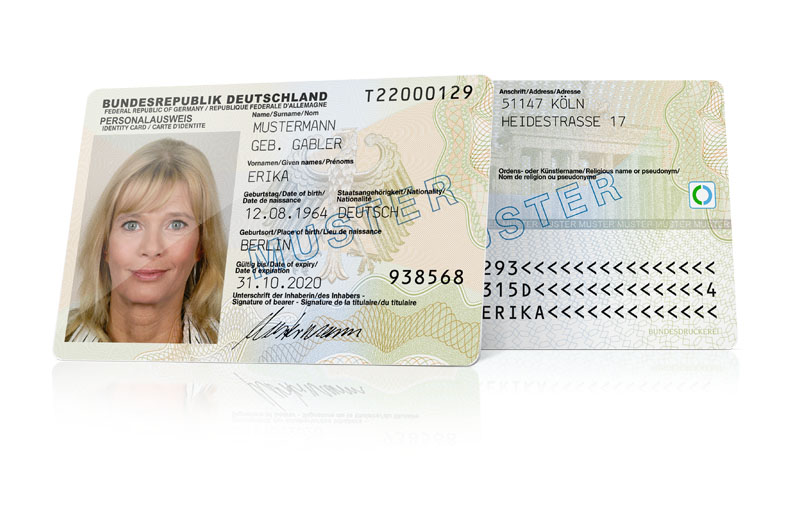
On June 25, 2021, the POLYAS CORE 2.5.0 was once again certified according to the international Common Criteria standards. We took this opportunity to fact-check the frequently asked questions concerning the BSI certificate (BSI = German Federal Office for Information Security). What does the BSI certificate mean? What exactly is being certified? The basis for […]

At the latest with the occurrence of corona, the question of IT security in virtual voting has become even more important. We are repeatedly being asked how we protect the data of eligible voters and improve the security of voting. So we put the question to somebody who should know: Our colleague Vasko Hristov has been a member of the POLYAS data protection team for a long time and is an expert on IT security.
Continue reading
Postal elections are experiencing a breakthrough. The pandemic means that growing numbers of people are in favor of postal voting. However, there is an alternative: Virtual elections such as digital membership polling in parties. In this blog post, we outline the legal situation with virtual elections and the opportunities that arise for parties. Continue reading

The demand for postal voting is growing continuously—not least because of the current lockdown situation. The Federal Returning Officer in Germany is critical of this development and sees compliance with the electoral principles at risk. POLYAS regards the security of remote voting systems, such as postal and online voting, as an essential factor for compliance with voting principles. But how secure are these two remote voting systems? You can find out more in this post. Continue reading

In just half a year new data protection regulations are coming into effect. This new set of legislation will be enshrined into EU law on the 25th of May 2018. They are aimed at giving more control to Internet users over their personal data. Altering the data protection regulations will also have a significant impact on companies and institutions worldwide. Continue reading

The term “online voting” is often confused with “electronic voting”. Electronic voting is namely the use of voting machines whereas online voting is using the internet at your convenience to vote. Online voting needs to break away from under the shadow of voting machines and highlight its potential. Indeed, online and electronic voting have nothing to do with one another.

Many Telekom customers in Germany had to live without internet and telephone on the weekend. Hackers tried to install malware on 900,000 routers and integrate them into a botnet. Presumably to carry out DDoS-attacks. Fortunately, this did not work out thanks to a badly programmed software. However, DDoS-attacks with web-enabled devices have already caused great sensation in 2016. Foremost the attack on the DNS-provider DYN in October this year. Continue reading

Taking part in a vote without having to leave the house on Election Day? Or casting a ballot when you want, when you’re able? These are the benefits of postal votes – and online voting as well. The comfortable online ballot process does, however, have additional advantages over voting by post. Continue reading

With POLYAS, voters can be authenticated during an online vote with the customary PIN-TAN procedure and the electronic personal ID – or “eID” for short.Because of this application POLYAS won the main prize for the “eIDEE – Contest for the Digital Handshake” of the Bundesdruckerei on 29 November 2013. With this award the Bundesdruckerei distinguishes […]
